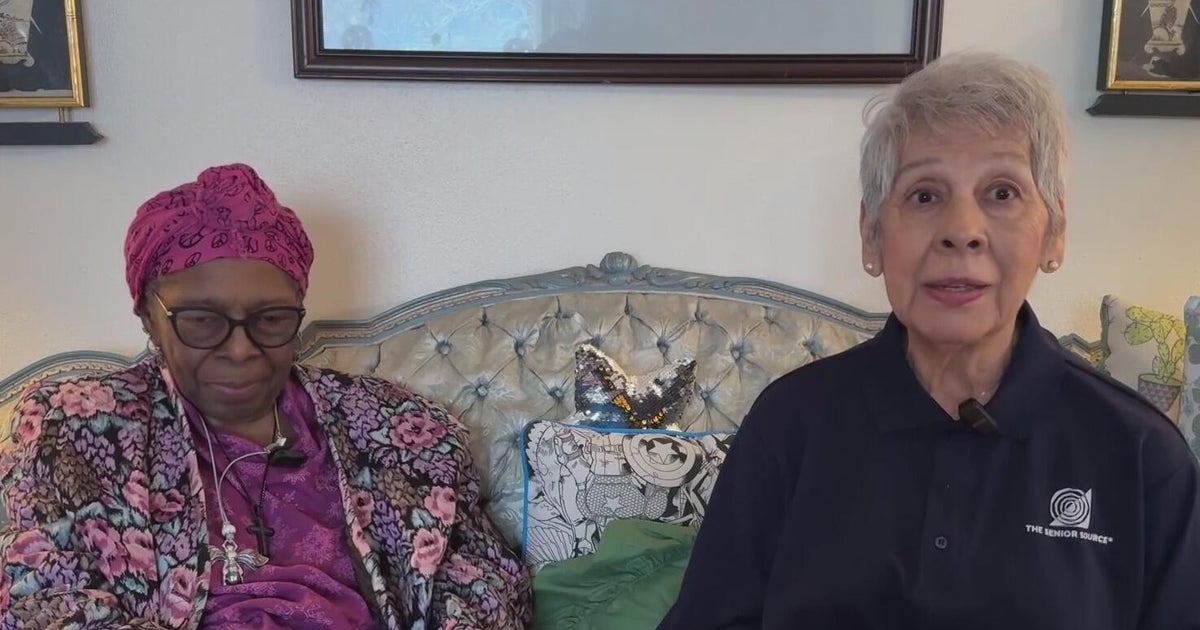UCSF Makes Breakthrough With Chemical Exposure Study
SAN FRANCISCO (KPIX 5) -- Scientists at the University of California in San Francisco have discovered a new way to test people for exposure to potentially harmful chemicals.
There is little known about what kinds of chemicals may enter people's bodies, and experts say there are tens of thousands of them. so we don't really know how they affect human health - particularly in pregnant women.
But now, scientists at UCSF have found a way to scan for hundreds of chemical exposures. Previous technology only looked for about a dozen at a time.
Doctors tested the new technology on 75 women who are patients at UCSF.
"We found that -- on average -- they had about 56 suspect chemicals. Meaning we suspect that there's these chemicals in their blood; anywhere from 30 to 75 was the range," said Dr. Tracey Woodruff, Director of the Reproductive Health & Environment Program at UCSF.
From there, they confirmed the the presence of those chemicals, and found 6 of them had not been previously documented in the blood from pregnant women. Some of them are known to cause genetic defects or have carcinogenic effects. Another is widely found in food-related plastic products and water bottles.
Dr. Woodruff is the senior author of the new study.
"What we're trying to do is A, understand what the exposures are, and then help us prioritize," she explained. "Because you can't study them all at once, right? We have to figure out which ones do we start with."
Ultimately, this new method can lead to results that allow researchers and policy makers to raise concerns about which chemicals are harmful to pregnant women.
Dr. Woodruff says the challenge is that the chemicals identified can be used in so many everyday products.
"Like your personal care products: your shampoos, lotions, cleaning products," said Woodruff. "They're used in the products to build your house, so paints and furniture and carpets and the foam insulation in your house. And there's pesticides that can be found on food."
Experts say overall, the best way to protect yourself is to remove shoes before entering your house, wash your hands, use unscented, non-toxic products, don't dry-clean your clothes and eat organic foods.







